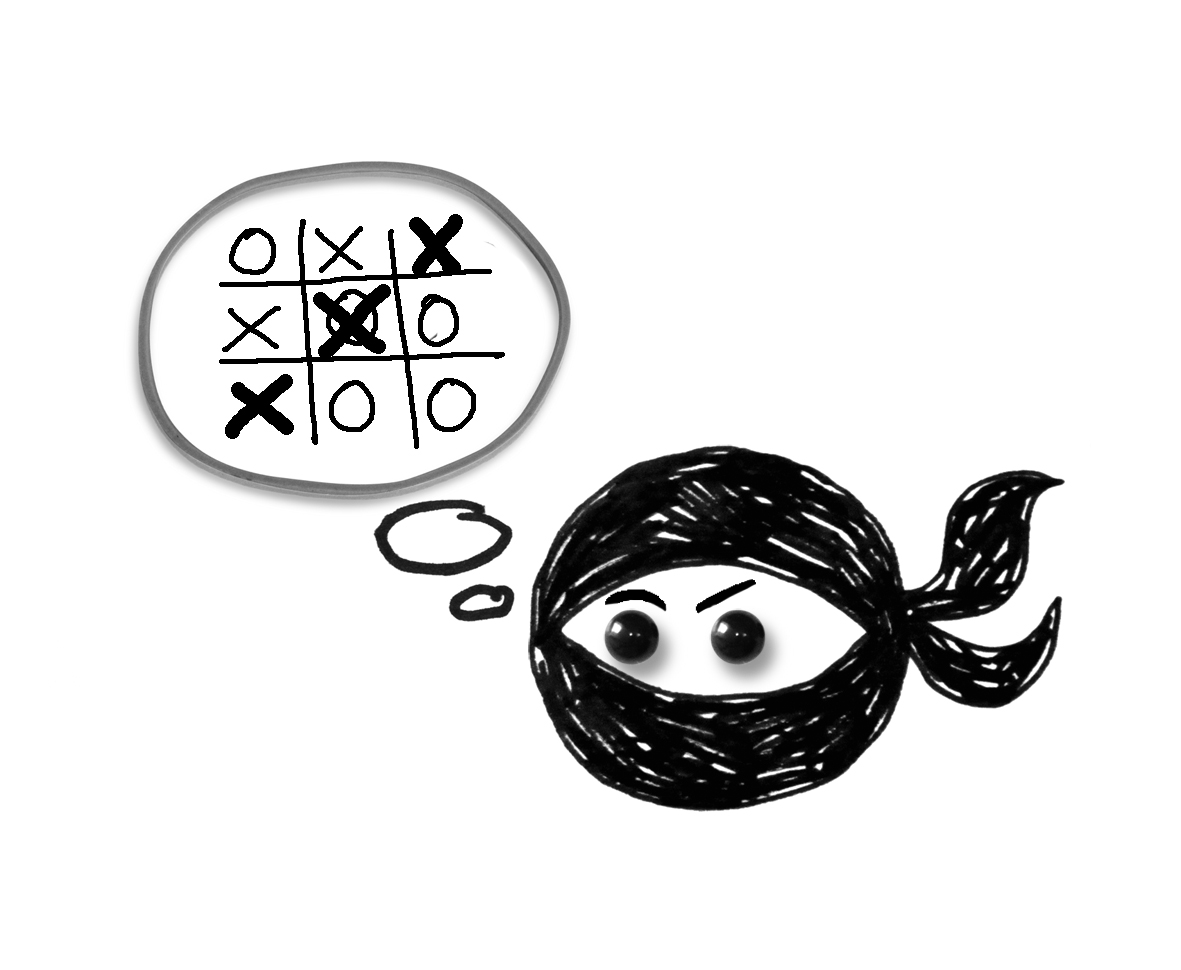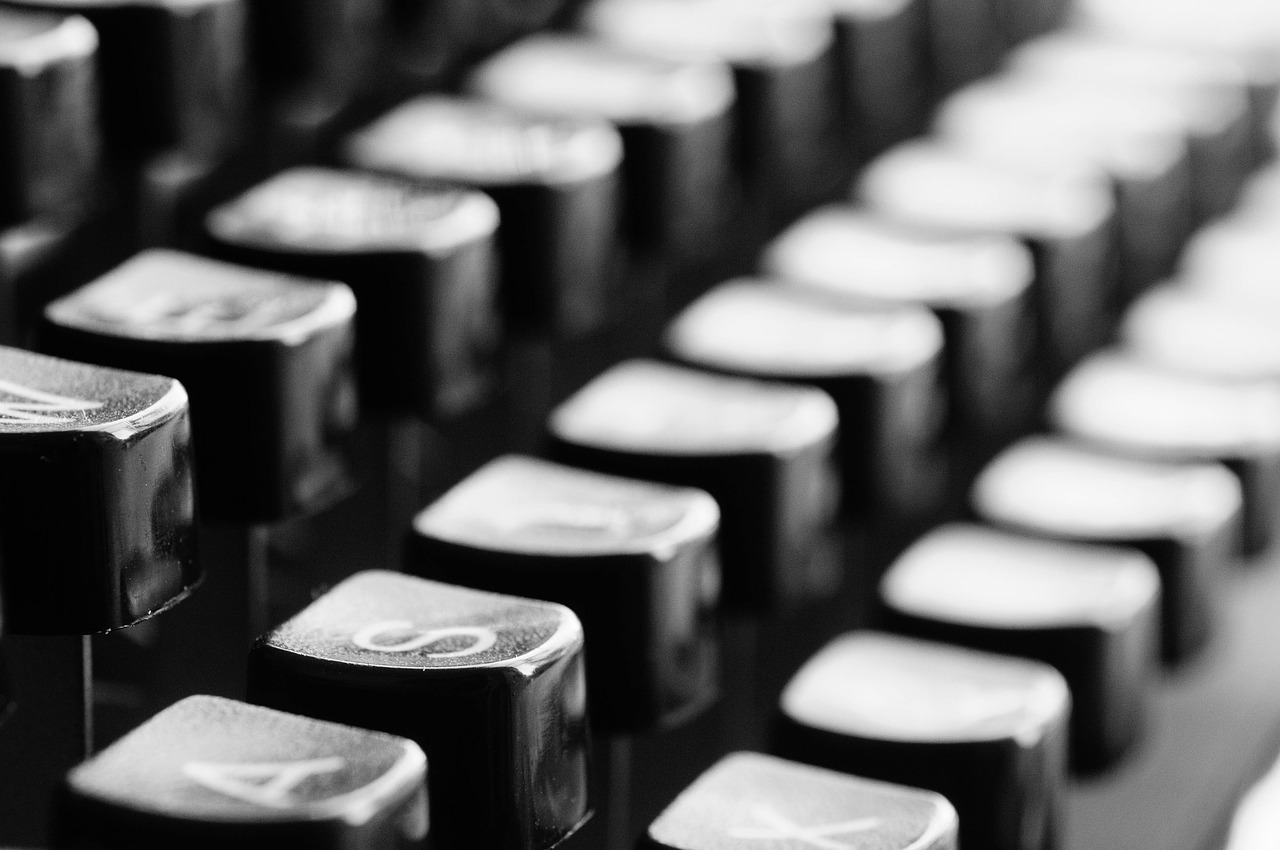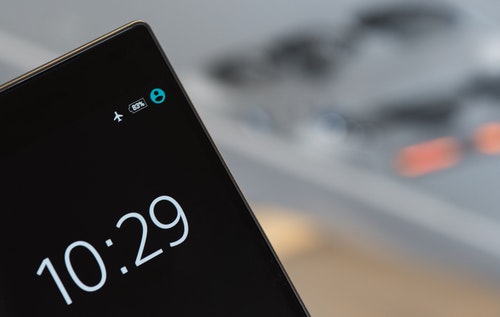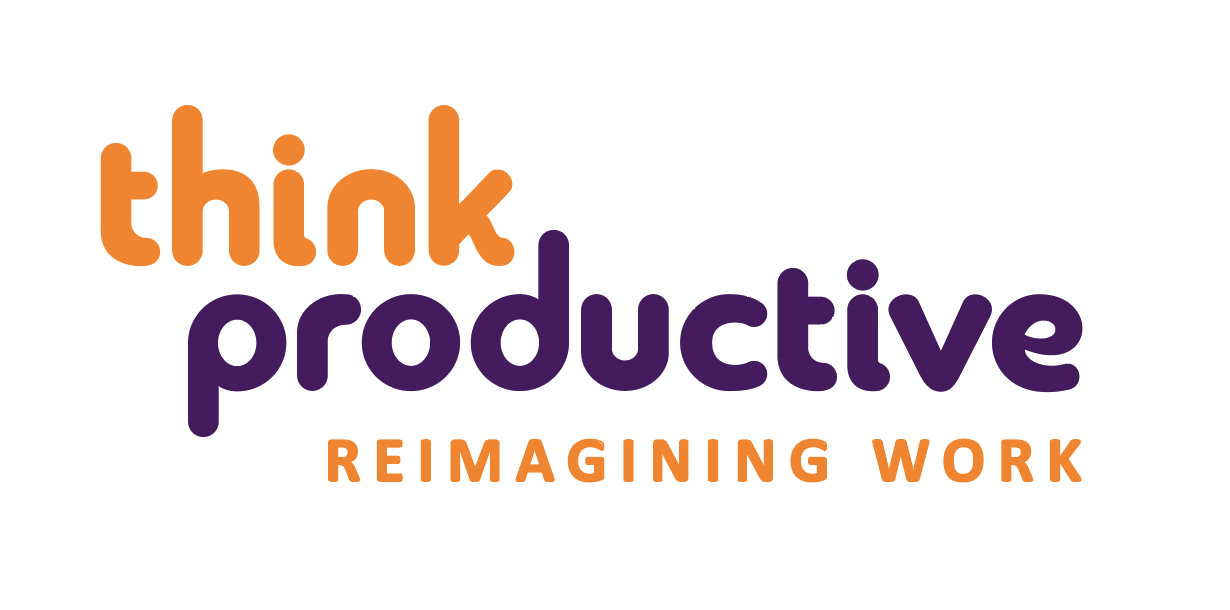Based on what we hear in our email training, knowledge workers spend, on average, around 3 hours in their inbox each day. Checking and composing emails is, without a question, a big portion of how we spend our days in the office, but the more time we spend in our inbox, the less time and attention we have available for deep work – the really valuable stuff. With Productivity Ninja tactics you focus on processing emails, rather than checking them, which can help you reclaim 90 minutes per day. That adds up to a sensational 54 days a year you and your team will spend creating real value for the business.
But how to begin? With the many different tools and techniques out there, we thought we take a top-level approach and share with you our Top 10 Email Tips – Productivity Ninja approved, of course.

1. Keep your inbox at zero. Be clear on what’s coming in, which emails are putting pressure on your time and attention, and what you need to keep on top of. Aiming to keep your inbox at zero will help you make up-front decisions about what each email means, which are valuable to you and which you need to be ruthless with.
[vc_cta h2=”Did You Know?” txt_align=”center” color=”violet”]There are quite a few inbox zero skeptics out there and we get it – it’s hard to imagine going from 5,000+ emails in your inbox to zero, especially when our email training only lasts 3 hours. As difficult as it might be to imagine, 99% of our workshop participants get their inboxes to zero on the day, or within 24 hours of our workshop. It’s difficult to argue with that, eh?[/vc_cta]
2. Perfect the art of the subject line. Writing clear subject lines is the most sure-fire way to reduce the volume of emails that come back to you, as well as ensure that the emails that you send to others are clearly understood and quickly dealt with by their recipients.
3. Keep it short! A lot of resources suggest to never use more than five sentences in an email – if you’ve got more to say, pick up the phone, or put it in a word document. That way, your 5 sentences in the email can be devoted to describing the action required and is likely to be more clearly understood.

4. Make decisions. Never close an email back down without having decided what action, if any, you need to take as a result. That way, you’ll never waste time reading an email more than once. Reduce procrastination time by increasing your decisiveness.
5. Turn Outlook off! Don’t let your day/life be controlled by your Microsoft Outlook account (or any other email program you use). Turning it off, even for just an hour a day will increase the focus and energy you have available for other (non-email) tasks.

6. Don’t mistake connectivity for productivity. It’s easy to mistake being connected, with things getting done and just as easy to feel pressured or tempted to be replying to emails late into the evening. Actually, we need our rest time, so spend time NOT checking your phone, relax and you’ll be surprised how much easier some of those decisions are the next morning after a good nights’ sleep! In fact, we urge you to take your work emails off your phone if your role allows it. That way, you reduce temptation straight away – if it’s not at your finger tips, you’re less likely to check.
7. CC less. CC is an over-used button and the cause of much of the excess volume that we see in so many offices. Think before you send an email about who REALLY needs to be CC’d in – remember every email interruption costs a colleagues’ time, so decide who you need to bug versus who you can spare. You’ll find if you do this regularly, others will start to develop more respect for your own time, too!
8. Keep your reference folders simple – having sub-folders and sub-sub-folders only makes it difficult for you to quickly file emails away. Have a simple folder structure with no more than a dozen, broadly-defined folders. This will save you heaps of time filing away and the chances are it won’t affect your ability to retrieve emails at all.
9. Know your audience. Resist the temptation to send comedy forwards to professional contacts you want to respect you, but equally recognize when a little informality will help build a stronger working relationship.
10. Think about it! Surveys have shown that the average employee spends about 41% of their time on email, so even getting slightly better at it can be a huge productivity saving. Facilitate discussions about email policies within your organisation and invest in some good training!
Speaking of email training – we can help with that. Just get in touch to chat about your team’s use of email and how we might be able to make everyone feel less stressed about their inboxes.
By Graham Allcott
Graham is the author of ‘How to be a Productivity Ninja’ and ‘How to be a Study Ninja’, and is the founder and director of Think Productive. Graham also has his own podcast, Beyond Busy, which you can listen to here. You can also see what he’s up to over on his website.
